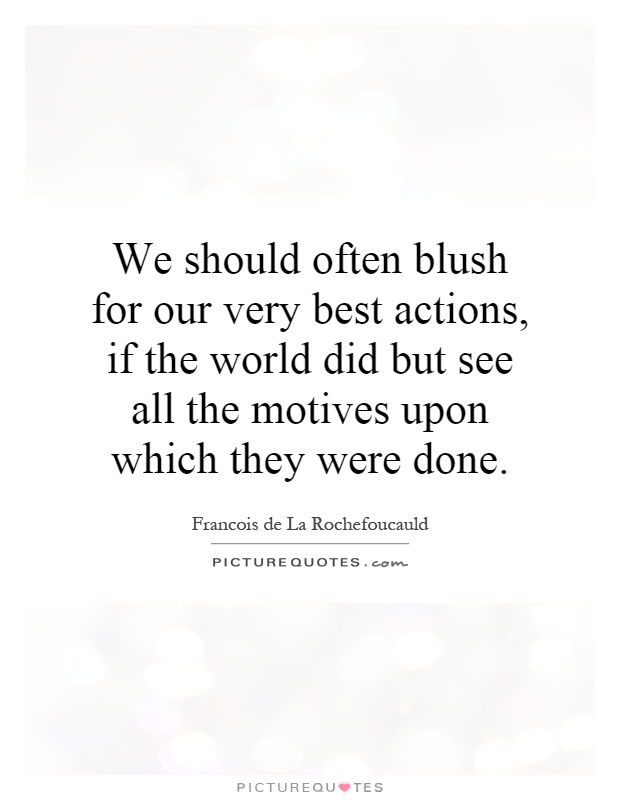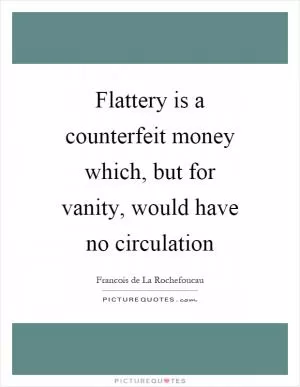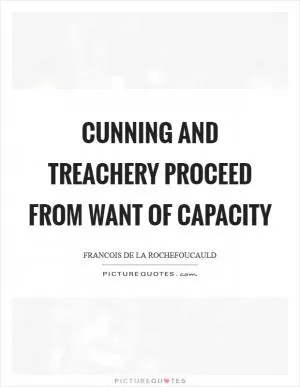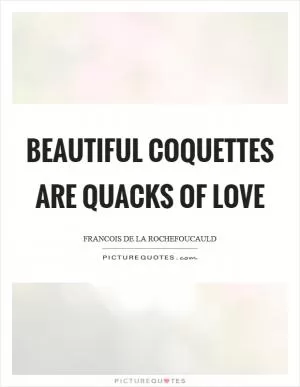We should often blush for our very best actions, if the world did but see all the motives upon which they were done

We should often blush for our very best actions, if the world did but see all the motives upon which they were done
Francois de La Rochefoucauld, a French author and moralist, is known for his sharp wit and keen observations on human behavior. One of his most famous quotes is, “We should often blush for our very best actions, if the world did but see all the motives upon which they were done.” This quote speaks to the idea that even our most noble and virtuous actions may be tainted by selfish motives or hidden agendas.La Rochefoucauld believed that human beings are inherently selfish and driven by their own desires and interests. He argued that even acts of kindness and generosity are often motivated by a desire for recognition, approval, or some other form of personal gain. In other words, our seemingly selfless actions may not be as pure and altruistic as they appear on the surface.
This idea can be seen in many aspects of human behavior. For example, a person may donate money to a charity not out of genuine concern for the cause, but to enhance their reputation or gain social status. Similarly, someone may perform a good deed in order to alleviate feelings of guilt or to manipulate others into liking them. In these cases, the outward appearance of benevolence masks the true, self-serving motives behind the action.
La Rochefoucauld’s quote challenges us to examine our own actions and motivations more closely. It reminds us that we are often driven by hidden desires and impulses that we may not even be aware of. By acknowledging the complexity of human nature and the potential for selfishness in even our best intentions, we can strive to act with greater honesty and integrity.












 Friendship Quotes
Friendship Quotes Love Quotes
Love Quotes Life Quotes
Life Quotes Funny Quotes
Funny Quotes Motivational Quotes
Motivational Quotes Inspirational Quotes
Inspirational Quotes